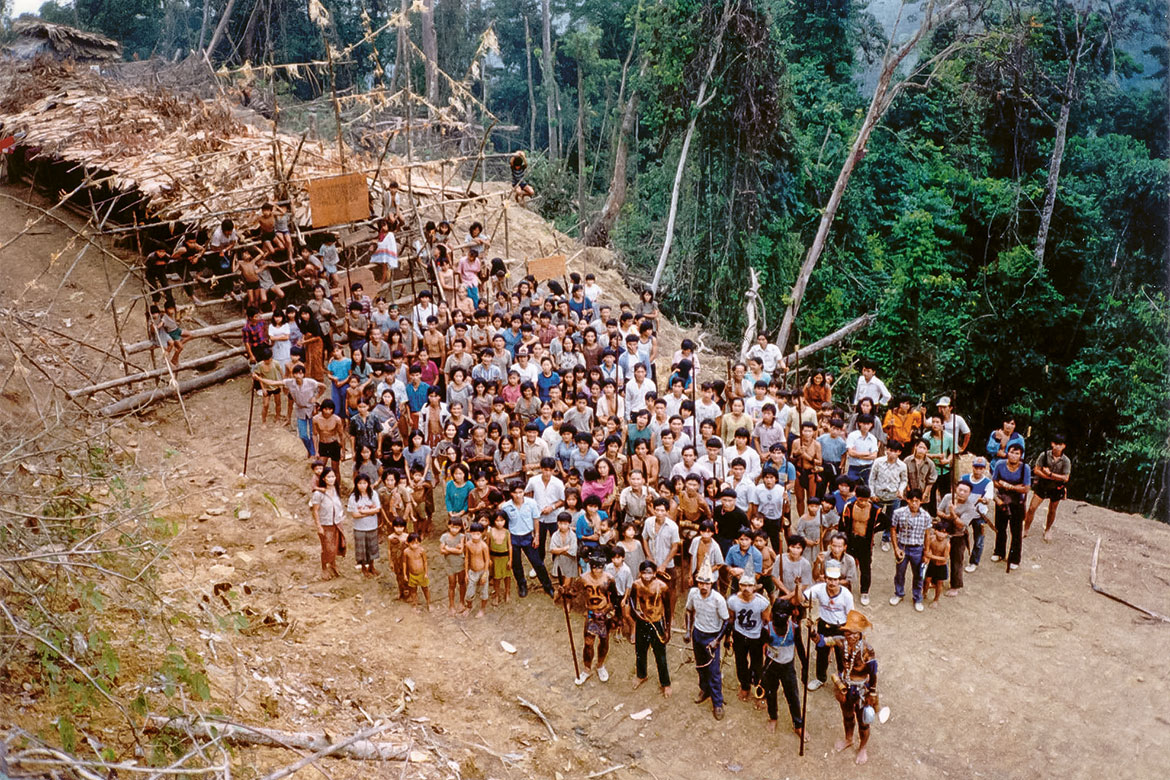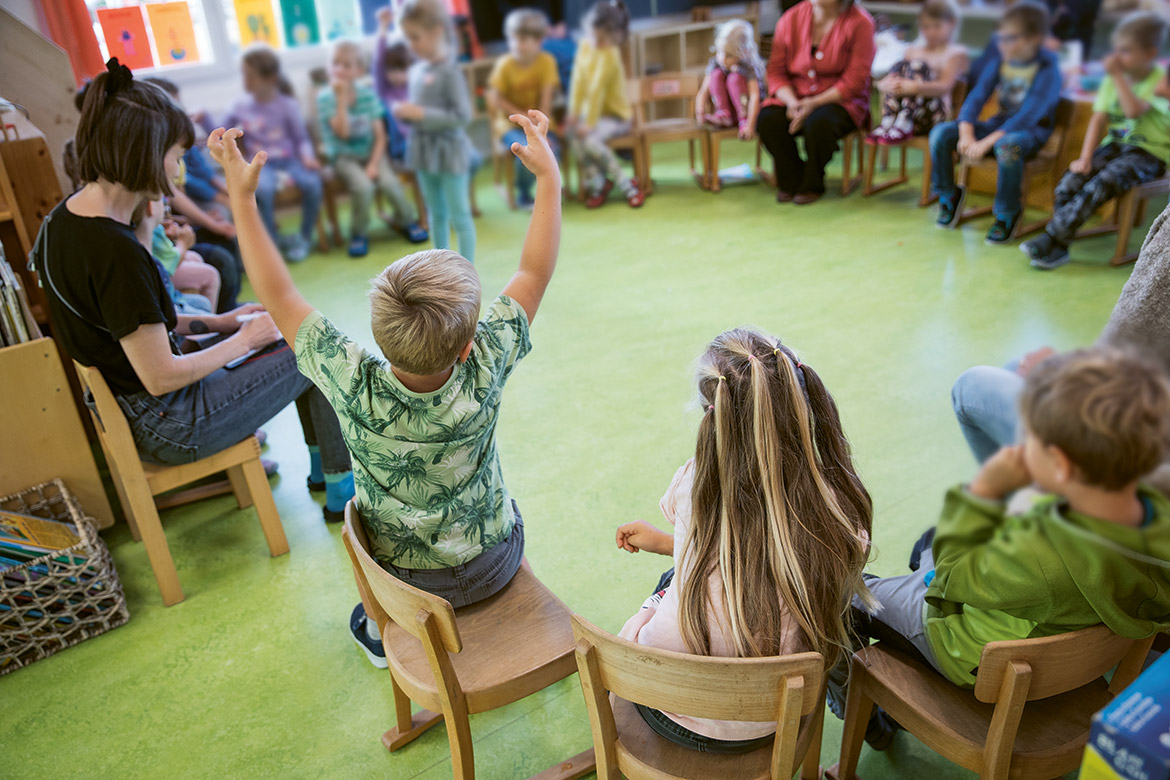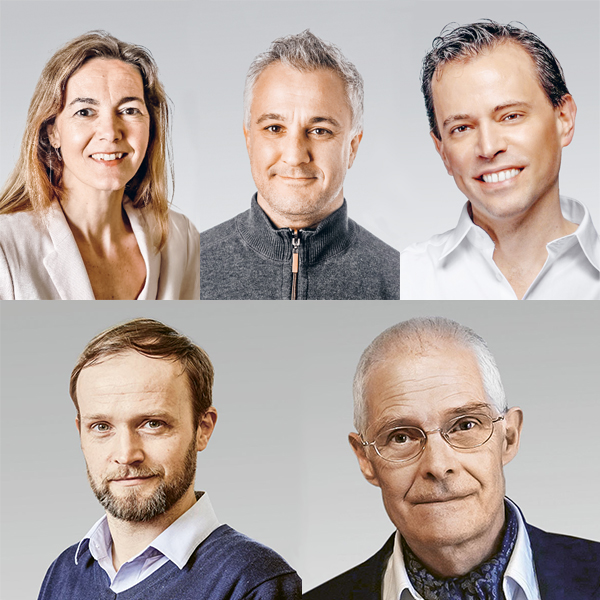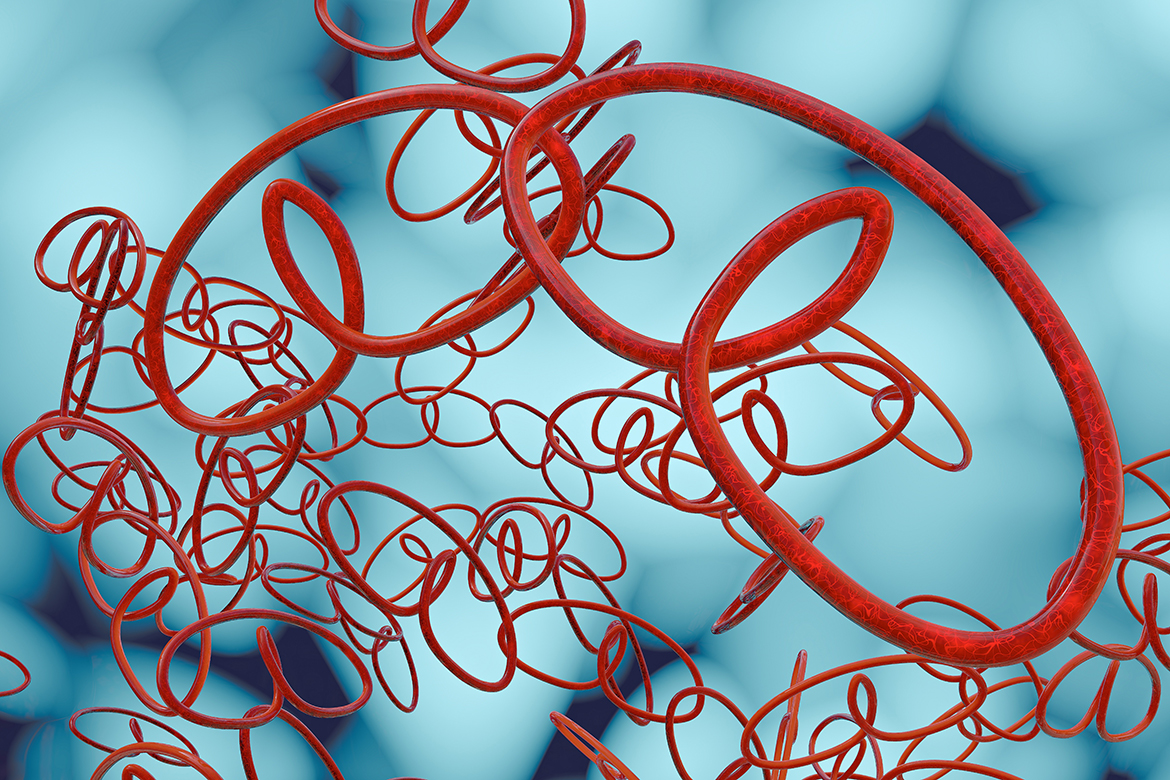An ethnologist in a white coat
Marie-Cécile Frieden spent a year observing gynaecological services in Burkina Faso. She sought an anthropologist’s understanding of how doctors, patients and relatives cope with the treatment of a very common disease: cervical cancer.
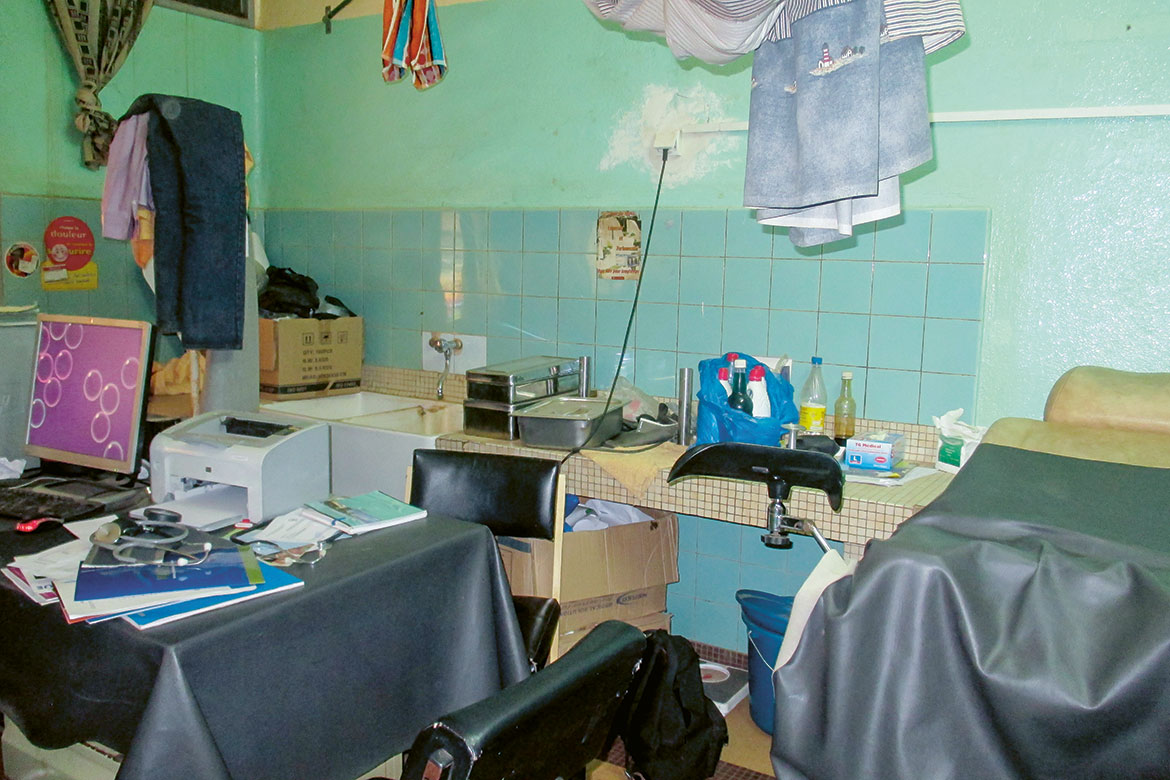
A gynaecological consultation room in the university hospital of Ouagadougou | Image: Marie-Cécile Frieden.
“Every morning, I set out from my modest suburb of Ouagadougou, leaving behind the frequent water and electricity cuts. It took almost an hour by motorbike through the often-chaotic traffic. When arriving at the hospital, I was always struck by the smell of urine and death. You needed a solid constitution. I was in daily contact with people suffering and who could only be given little relief. Cancer kills more people in Africa than AIDS, tuberculosis and malaria combined, but in 2015 Burkina Faso had only four oncologists for its 18 million inhabitants.
My thesis in ethnology focussed on cervical cancer. In particular, I’ve sought to understand how official guidelines for the management of the disease, issued by national or international institutions, are implemented on the ground. I concentrated mainly on the university hospital in Ouagadougou. I was given a post on the nursing staff of the gynaecological service, and wore a white coat. As I had no medical training, I took care of odd jobs, which allowed me to justify my presence. In total, I attended over 400 consultations, observed care and conducted numerous interviews with patients and staff.
Do-it-yourself to meet standards
I found the medical teams to be generally very receptive to official instructions and new techniques, but they face great difficulties when it comes to training and resources, which in turn can lead to a ‘DIY’ approach.
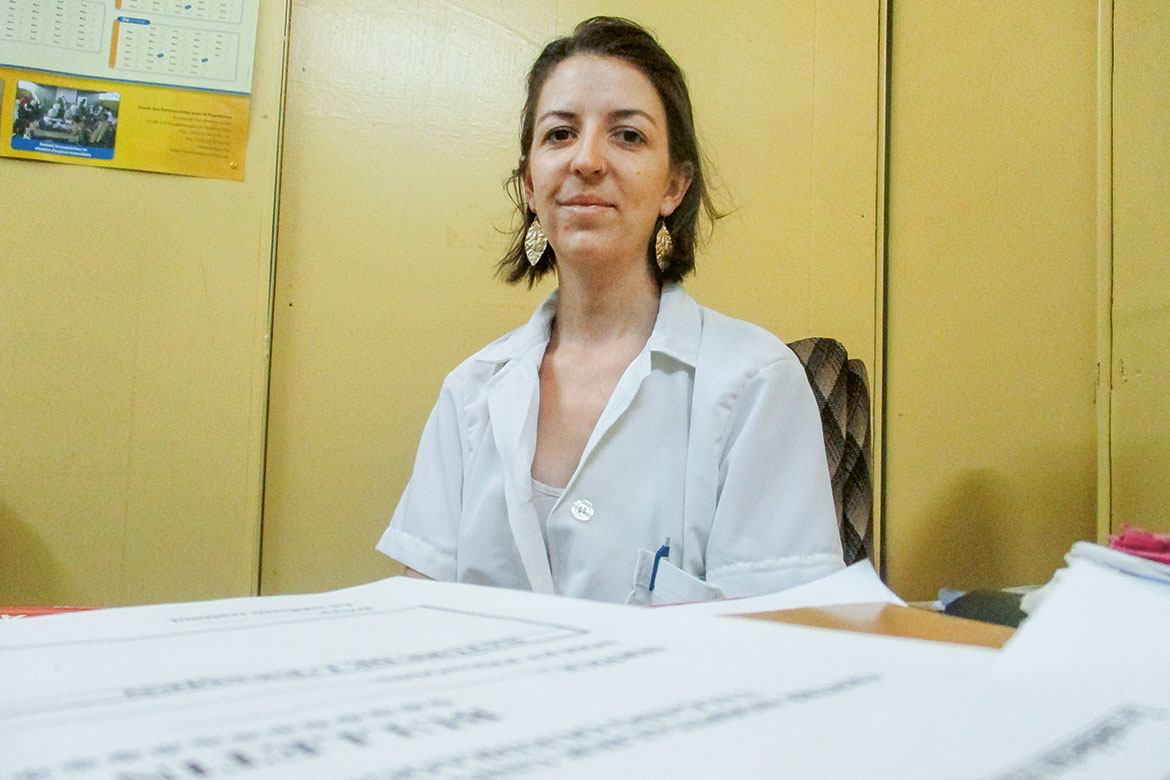
Image: Marie-Cécile Frieden
Marie-Cécile Frieden is undertaking a doctorate in ethnology at the University of Neuchâtel. Between her degree and her thesis, her passion for West Africa took her to Burkina Faso for three years. There she conducted research on women and HIV, and worked for a NGO engaged in the promotion of health through medicinal plants.
For example, samples of pre-cancerous lesions collected during screening should be sent to the laboratory in a specific single-use medical container. Since patients must provide them, but often can’t afford them, hospital staff reuse bottles of injection medicines. They bottle the sample and wrap it inside a latex glove to keep it as sterile as possible.
Patients, for their part, often fail to fully understand cervical cancer, which is a little-known disease in the country. In 80 percent of cases, it is detected at an advanced stage, by which time there is little that can be done to treat it. Doctors rarely explain to them the severity of their illness, instead telling whoever accompanies them, and leaving them to decide whether or not to pass on the information. Officially, they fear patients will give up the fight if told they are doomed. But in reality, there is often no treatment available.
Building a hard shell
The African medical community was the subject of several studies between 1990 and 2000, which accused medical personnel of mistreating their patients. I’ve now had the opportunity to note that denigrating behaviour is indeed a reality, both verbal and physical. It is, however, above all a form of self-protection. The medical teams suffer the violence of being unable to treat patients, given the lack of means and possibilities of early detection. Against these feelings of frustration and weariness, they forge themselves hard shells.
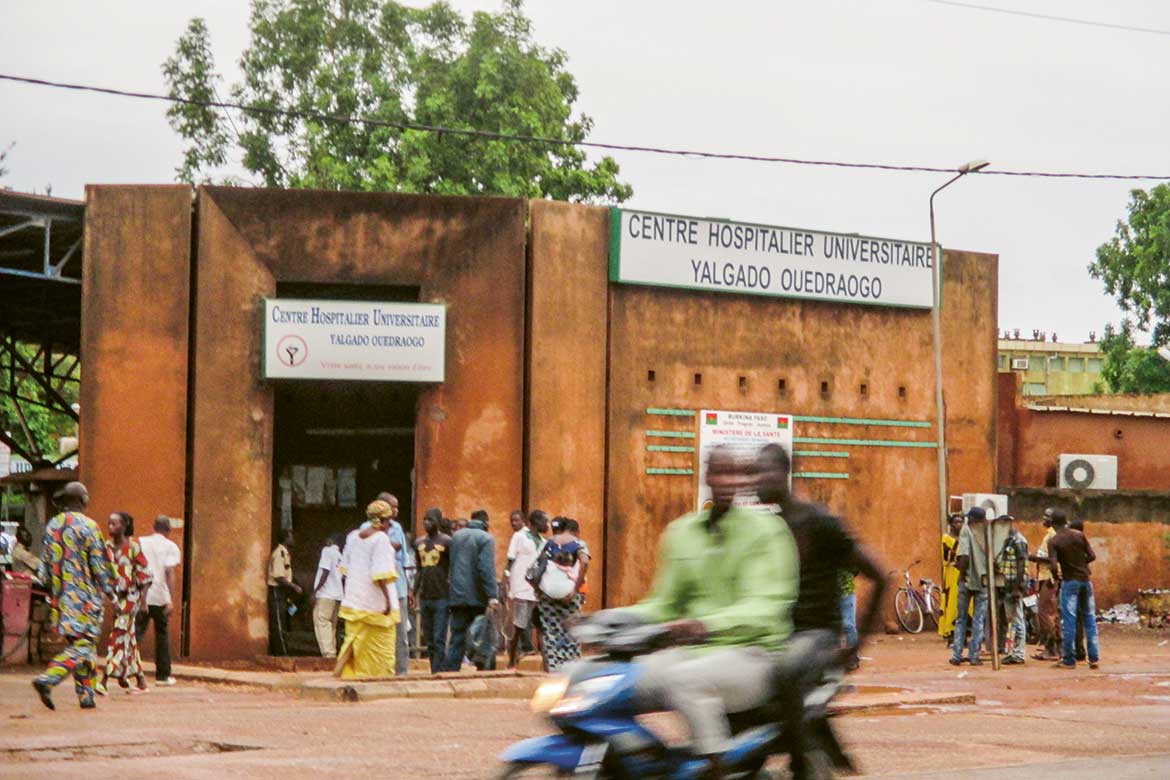
The university hospital of Ouagadougou. It frustrates doctors and nurses alike that they often can’t treat illnesses for a lack of funds. | Image: Marie-Cécile Frieden
Sometimes when talking with patients, I even found myself adopting the authoritarian tone of the medical teams. I feel a little ashamed when I think about it, but at the same time it was a way of fitting into the environment, of making myself understood and of being accepted, both as a person and as a scientist.
I also had to accept that I could not always be master of my own affairs. On the contrary, I was the one who put myself in this big puzzle. Originally, I thought my research would promote me to the role of a representative for those patients receiving little or no care. In the end, I became more of a caregiver. Once my thesis is finished, I would like to share my results with the doctors I have worked with, official institutions and various associations. In this way, I hope to raise awareness and encourage reflection on some practices that could be improved – despite the constraints on the ground”.
Interview by Martine Brocard

